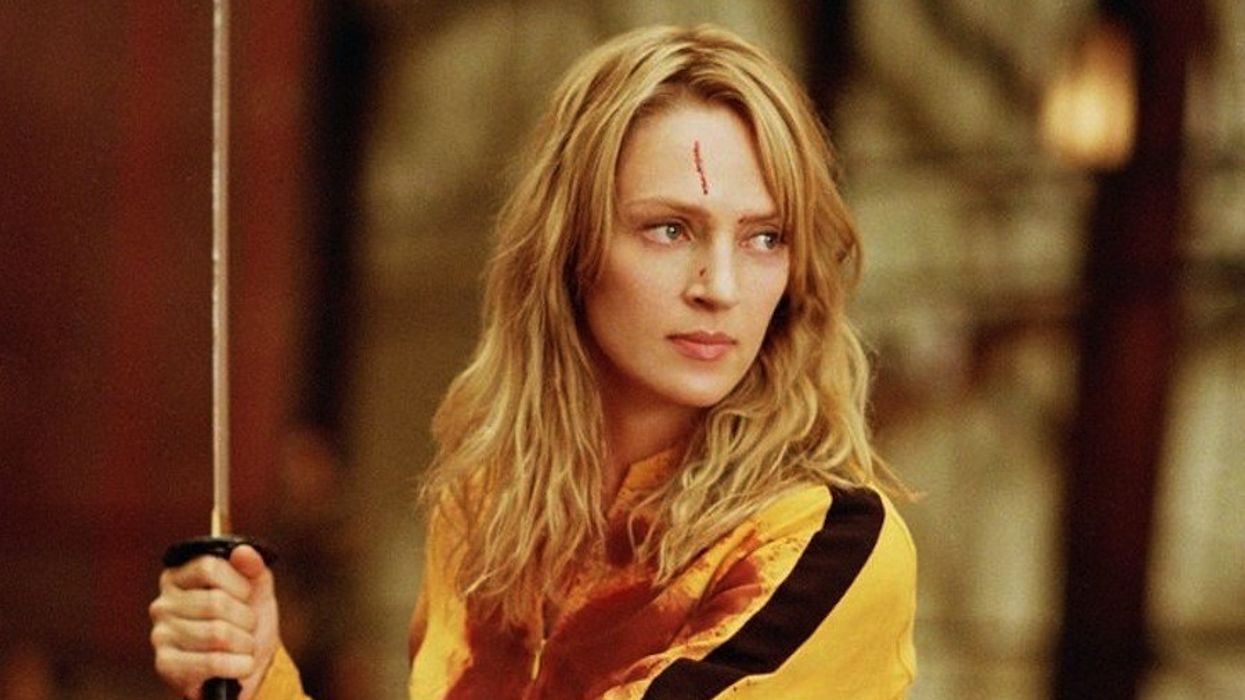Watch: Is Tarantino Feminist or Misogynist?
Are Quentin Tarantino's female characters empowered, or are they victims of brutality?

It's no secret that Quentin Tarantino is a fan of the excess. Many of his eight features reach borderline cartoonlike absurdity in the way they employ violence, gore, and even language. If you were to sit him down and ask him why this was the case, he would probably answer that it's for comic effect, or that it's all in good fun.
But when does this violence start to become a problem? Is it okay to show a woman being repeatedly struck over the head by a shovel as long as she is "empowered"? By Tarantino's own admission, he doesn’t write different rules for his female characters on screen; they are maimed and abused just as their male counterparts.
"Does Tarantino lack empathy for women? Or just lack empathy, period?"
In his latest video essay for Fandor, Philip Brubaker explores whether feminism plays a role in Tarantino's decisions as a filmmaker and screenwriter, or whether his strong women are merely a consequence of his hyper-violent style. As Brubaker asks, "Does [Tarantino] lack empathy for women? Or just lack empathy, period?"
Tarantino's women are fearless and empowered. They are warriors and bosses. In many cases, these positions of power make them vulnerable to brutalization. This was recently brought to the public's attention in The Hateful Eight, in which the character of Daisy Domergue is subject to many a beating at the hands of her male captors. Despite being vicious and often frightening in her capacity for violence, Daisy remains petite, weak, and unable to defend herself.
As we see in an interview featured in the essay above, Tarantino wouldn’t call himself a feminist, but he accepts the statement and allows others to call him a feminist filmmaker.
What do you think? Is Tarantino a feminist?











